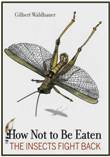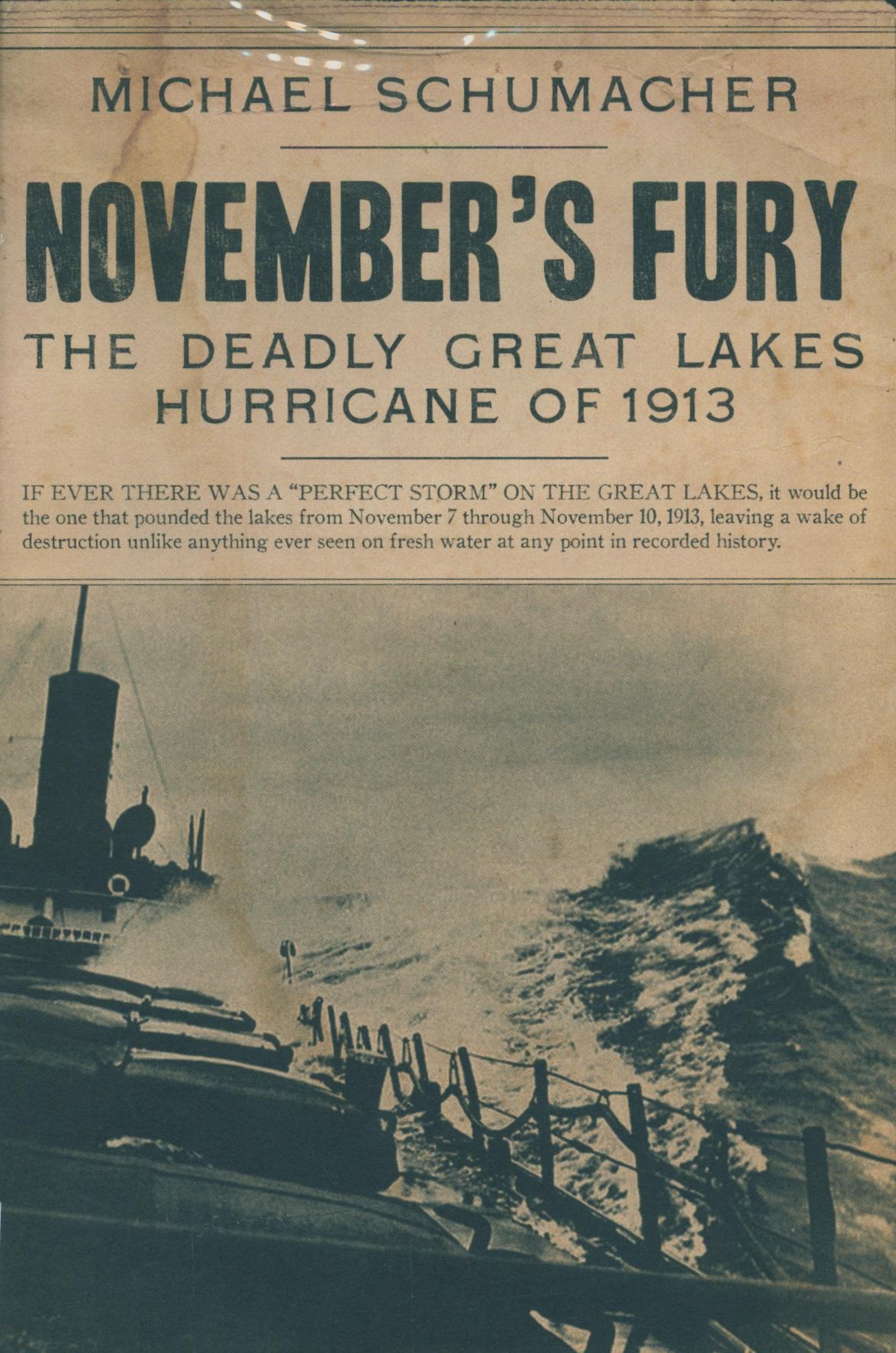Do you use any EBSCOhost databases, like Academic Search Complete, PsycINFO, or Communication & Mass Media Complete, on a regular basis on your phone or tablet? If you ever access EBSCOhost databases from your mobile device, you can download an app for iOS or Android devices that makes access to these from on or off campus a snap. While your mobile device will automatically take you to the mobile site when you click on an EBSCOhost database from the Library’s webpages, the iOS or Android apps will allow you to remain authenticated with your UW-W Net ID and password from 7 months. No more typing in your credentials on a tiny screen each time!
Get started:
- Access any EBSCOhost database from the Library’s website (such as Academic Search Complete) on any computer or device. Make sure you are on campus or have logged in to access the Library’s resources if you are off campus.
- Scroll to the bottom of the landing page of the database and click on iPhone and Android apps.
- Fill in your UW-W email address and click Send.
- On your mobile device, check your email and open the email from ephost@epnet.com.
- Select either the iTunes Store (for iOS devices) or the Google Play Store (for Android devices) to download the app.
- Once the app has downloaded, return to your email and click on the Authentication Key link.
- Your authentication through UW-Whitewater will last for 7 months.
Once inside the app:
- Click on Settings to choose which database(s) to search.
- You can also check off Peer Reviewed at the bottom of the Settings menu.
- Click Search to start searching.
- Once you have a list of results, click on Refine at the upper left to narrow your search results.
- Boolean operators (AND, OR, NOT) and the truncation symbol (*) all work in the app.
- You can read PDFs from within the EBSCOhost app or you can email the citation (and PDFs) to yourself.


 Are you curious and interested in learning more? Andersen Library’s resources may help! Search
Are you curious and interested in learning more? Andersen Library’s resources may help! Search 



 You can learn more with Andersen Library resources, including
You can learn more with Andersen Library resources, including 

 Andersen Library has resources for learning more. Search
Andersen Library has resources for learning more. Search